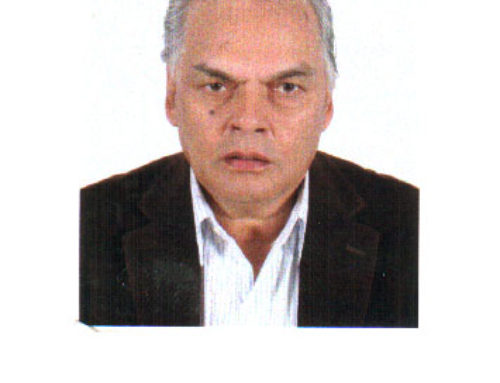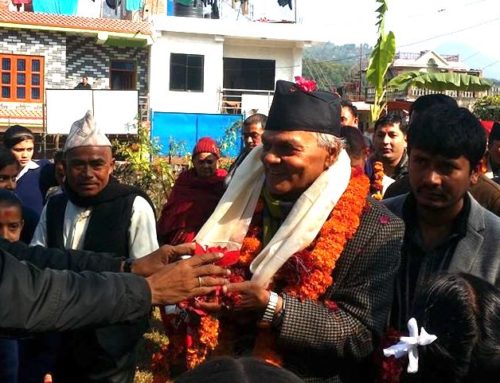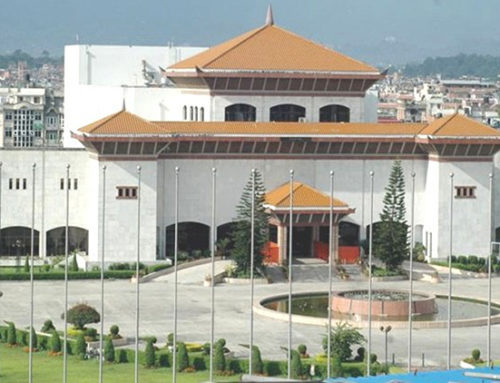It gives me great pleasure to be present here and to share the views on energy sector development and the Nepalese energy situation. I am very much impressed by your encouraging words on the US support for Nepal and your enthusiasm to collaborate with us in the area of water and energy sector. Since the beginning of this decade, the country has regained a multiparty democratic system. The United States was one of the strong supporters of our people in bringing people-wanted and people-oriented political system. I would like to acknowledge you all for your kindness in this regard. We all want to create and nurture a just society, which provides the highest value to its people.
After the dawn of democracy, as with most of the hard-pressed country in terms of finance and technology, Nepalese have also given the subsequent governments a good charter that requires deliveries for them. Obviously, as in your country, we cannot afford to give a deaf ear to the items in the charter. However, as we are just emerging in the free world, with the concept of globalization in the market, environmentally friendly practices, and sustainable development, we have been hard-pressed to deliver all the items that can emancipate them from the shackles of poverty. Masses of the Nepalese people are still in the traditional and environmentally unsustainable conditions, living in dark and far away from the modern world amenities. Hence we have an impelling need to deliver most in the least possible time frame. We, as the policymakers, have made numerous efforts to solve the poverty problem and have devoted this whole five-year plan to uplift the living conditions of poor, at least to sustain themselves and to share the hope that things will be done for better in the future. We have adopted open-door policy in almost every sector of the economy and have offered lucrative incentives for people wishing to foster economic development. Since the reinstatement of the democratic system, we have tried to expand our export market to various countries including yours. Our export to your country amounts to about 100 million dollars a year now. Although this is not a large sum, such exports have helped our people to believe that there are friends of Nepal out here too. This is just one side of a multifaceted problem that is gripping us.
The challenges are enormous but there are possibilities too. We have to set ourselves in the right path for sustainable development with the help from your government and yourself. Such initiatives if it comes about, I assure you, Mr. Humphrey, would trickle down to the masses. I am sure that you might have drawn similar conclusions after visiting our country just a few weeks ago. Though it may take a long time, alleviating poverty is our mission. We have seen from the history of your country and of other developed countries that affordable and accessible energy services could dramatically improve the standards of living. One of the ways to approach this goal is to adopt a “leapfrogging” policy, a policy to move peoples’ energy consumption from unsustainable biomass and petroleum-based to hydropower based. A move to meet the energy demand of the country and at the same time being environmentally friendly by avoiding burning coal and petroleum products. Nepal is committed not to contribute to global warming, a commitment that we have declared in the 1992 Rio Summit, reaffirmed in Kyoto Summit, and have carried through. We have got to exert efforts to develop alternative means that are clean and sustainable. Fortunately, we are blessed with good terrain and water resources to develop hydropower in Nepal. And if do not quickly develop these resources, we would be losing the benefits of their sustainable use. Therefore, we have taken initiatives and we are heading for a direction, which also requires initiatives from the decision-makers, high-level officials of the government like you, and the business sector over here. I want to assure you that Nepal would not remain an unknown land for your initiatives.
I believe that although we might be far away in terms of geographical distance, we are not far away in understanding the need to tackle the poverty problem, initiate joint effort in the development of basic infrastructure, and promote people’s involvement in such initiatives. Thank You.




